
Feeding and Riding the Lactating Mare
Learn about the nutritional requirements of a mare with a foal at her side as she gets started back into work.
Horse breeding from planning through foal care

Learn about the nutritional requirements of a mare with a foal at her side as she gets started back into work.

Mares get a bad rap for recalcitrant estrous behavior, but hormones and tumors could also be at play. Learn more in The Horse‘s Spring 2024 issue.

Your horse’s nutritional requirements depend on his life stage and individual needs.
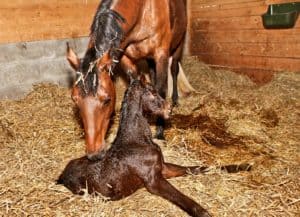
Watch for these 10 emergencies in the hours after a mare foals. Learn more in this article from The Horse‘s Spring 2024 issue.
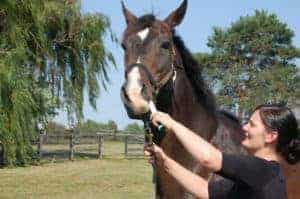
Have your veterinarian perform a fecal egg count on your horse before deworming to ensure your protocol is effective and reduce the incidence of parasite resistance.
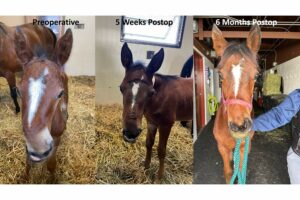
Learn why this congenital malformation occurs in foals and how veterinarians, owners, and breeders can treat and prevent it.
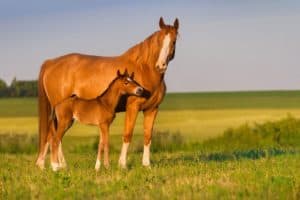
Supporting your new foal’s gut microbiome from Day 1 can have a lasting impact on his lifelong health and immunity.

Equip your mare with the nutrition, vaccines, fitness, and foaling environment she needs to
promote a successful parturition and a healthy foal. Sponsored by Equidone.
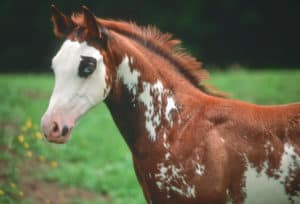
What genes and coat colors are more likely to result in a spooky or reactive horse? Experts explain what we know about equine genetics and behavior.
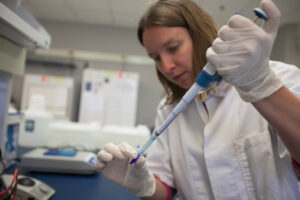
Learn about new applications for biologic therapies to treat horse’s infertility, wounds, ligament injuries, and eye issues. Read more in The Horse‘s Research Roundup 2023 issue.

Discover why this common pasture grass is good for grazing but bad for broodmares.
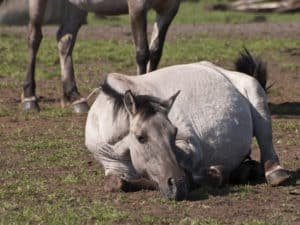
Taking these steps might help protect your mare and her foal.

Vitamins and minerals comprise a small portion of the horse’s diet by weight, but their importance is enormous. Learn more about when supplementation might be needed.
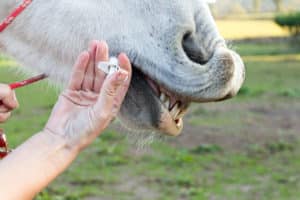
Researchers continue to study internal parasites with a focus on preventing resistance to deworming drugs. Read more in this article from The Horse‘s 2023 Research Roundup issue.
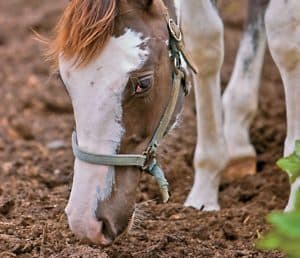
Decipher fact vs. fiction when it comes to the complicated world of feeding horses.

A variety of conditions can impact a stallion’s fertility, from inherited to acquired. Here’s why they occur and how to prevent them.
Stay on top of the most recent Horse Health news with
© 2022 Copyright Statement dolor sit amet, consetetur sadipscing User Terms, sed diam nonumy eirmod tempor invidunt ut labore et dolore magna aliquyam erat, sed diam voluptua. At vero eos et accusam et justo duo dolores et ea rebum. Stet clita kasd gubergren, no sea takimata sanctus est Lorem ipsum dolor sit amet.
"*" indicates required fields